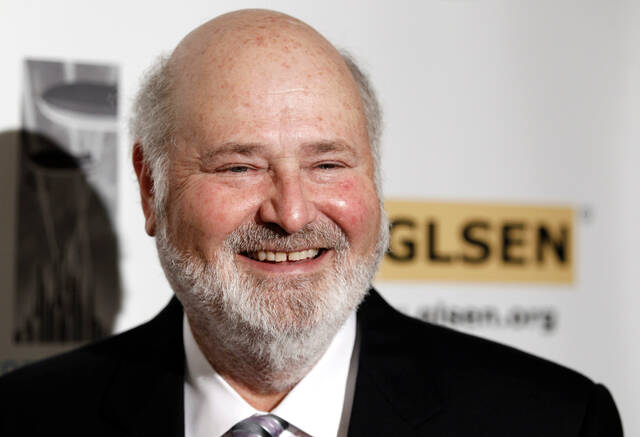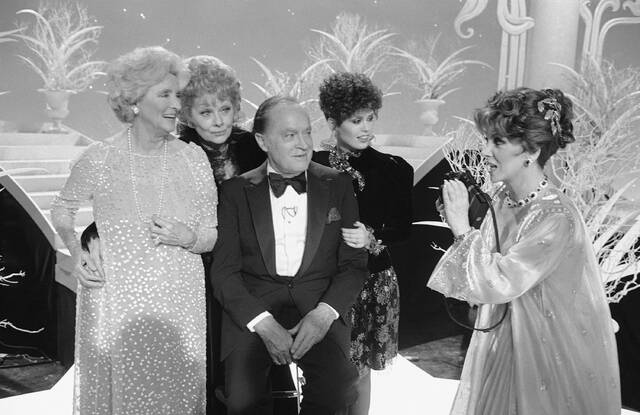The “higher” in “higher ed” ought to stand for higher tuition.
Sure, everyone knows that tuition prices at colleges have risen to obscene levels in recent decades, but the obscenity just hit new highs (or lows). Four colleges — namely, Boston University, Tufts, Wellesley and Yale — will be charging over $90,000 per year for tuition, housing and other expenses in 2024-25. Tufts tops them all, with an undergraduate education costing nearly $96,000 annually.
A Tufts education is now approaching six figures per year.
Wellesley, home of famous alumni such as Hillary Rodham Clinton, will hit $92,000. An analysis at CNN.com notes that the new Wellesley price tag represents a 4.7% increase from last year, even as the Consumer Price Index (the measurement for inflation) rose 3.2%. “We are committed to making a Wellesley education affordable,” says a Wellesley spokesperson, “and we meet the full calculated financial need for every student who enrolls at the college.”
Hmm. Well, there’s some truth in that. According to Wellesley, nearly 60% of students receive financial aid, with the average “award” at $67,469.
Candidly, here’s what that really means: so many colleges engage in the practice known as “discounting.” They hike their price tag, knowing that few families can pay it, and then in turn tell those prospective students that they’ve received a big scholarship for, say (in Wellesley’s case), $67,469. Naturally, those students and parents are thrilled about this “award.” They compare it to what other colleges offer them. If another college with tuition of $50,000 offers them a scholarship of only, say, $25,000, they’ll insist they’re being disrespected by the less generous offer.
That’s a game that so many colleges play.
For the record, we don’t do that at Grove City College. Our $33,930 price tag ($21,700 for tuition) — we’ve been named America’s “Best Buy” in higher education by Money Magazine — is real. We could inflate it to $50,000 and play that discounting game, but we don’t. We prefer to be honest about it. If we offer students a scholarship of $15,000, it’s a big deal, a real deal.
Discounting aside, the cost of a college education is plainly outrageous. If universities were run by conservatives rather than liberals, every liberal member of Congress would be screaming about “greed” and demanding price controls. Liberals would be raging that college is only for rich kids.
That said, there is some good news.
The ridiculous prices have had the salutary effect of making many young people rightly question the economic value of a college education. That’s especially so for young men, many of whom are seeking trade schools. Everyone knows there’s a terrible lack of plumbers, welders, electricians and workers in other technical professions. Many young men would rather do those jobs — sometimes becoming self-employed as their own boss — than work an office job. Many young men are also disgusted by the wokeness at universities. They’re opting out.
Conversely, women are opting in. They’re now the majority of students. That includes grad schools — law schools, medical schools. This preponderance of women happened without government fiat — without the force of something like an Equal Rights Amendment. It happened the way it should: naturally. It resulted from free markets and free choice.
And now, as colleges follow their version of a free market and charge outrageous tuition, many young people, especially men, are freely choosing to not attend.








